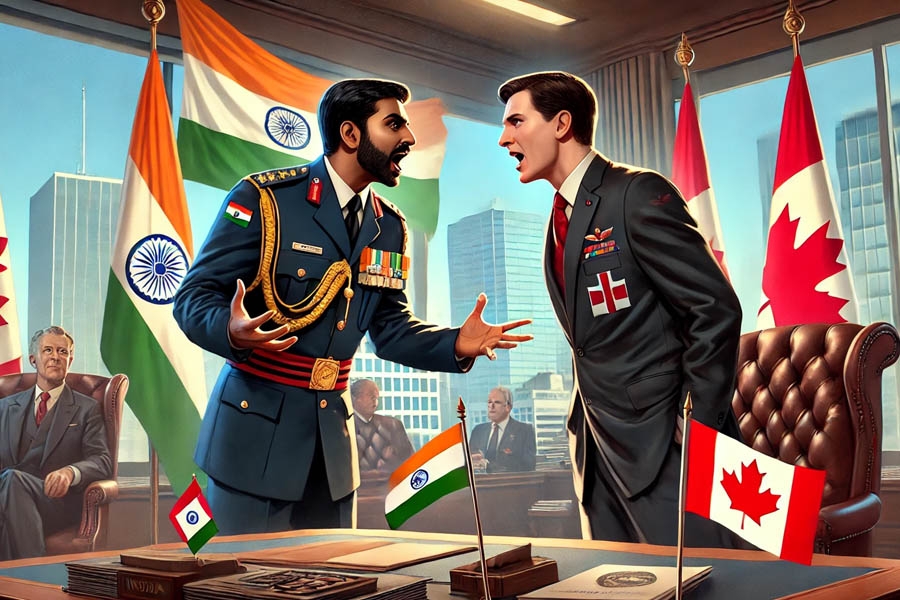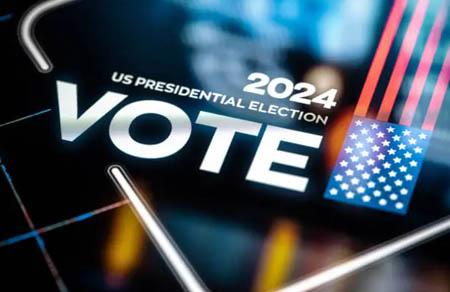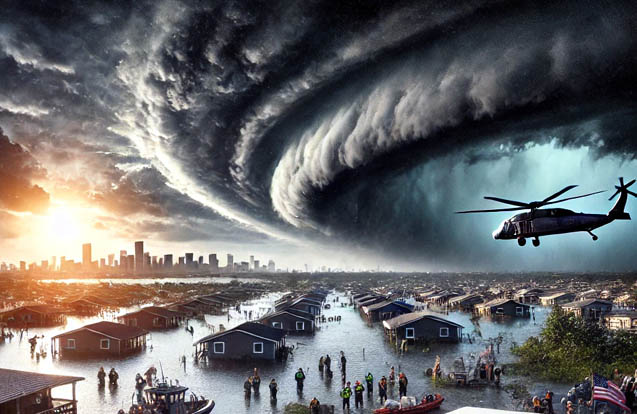
Justin Trudeau Claims India is Not Cooperating in Nijjar Murder Investigation; India Expels 6 Canadian Diplomats
15-Oct-2024The ongoing diplomatic conflict between India and Canada has reached a new low, with both countries taking retaliatory actions following Canadian Prime Minister Justin Trudeau's allegations that India is not cooperating in the investigation of Sikh separatist Hardeep Singh Nijjar's murder. As both nations expel diplomats and issue strong public statements, the future of their diplomatic and economic relationship appears uncertain.
The Nijjar Murder Investigation: A Catalyst for Escalation
At the core of this conflict is the killing of Hardeep Singh Nijjar in Vancouver in June 2023. Nijjar, an advocate for the Khalistan movement, which seeks the creation of an independent Sikh state, was a vocal critic of the Indian government. India had listed him as a terrorist, accusing him of involvement in various criminal activities. However, after his assassination, Canadian intelligence began investigating potential links to Indian government agents, leading to a request for cooperation from India.
Canadian Prime Minister Justin Trudeau, during a press conference, claimed that his government had provided evidence of criminal activity to Indian authorities but did not receive any cooperation. "There is evidence that Indian government agents played a role in jeopardizing public safety. This is unacceptable," Trudeau stated. India has firmly denied these allegations, calling them "baseless" and politically motivated, further fueling tensions.
Diplomatic Fallout: Expulsion of Diplomats
The situation escalated dramatically when India expelled six Canadian diplomats and recalled its own High Commissioner, Sanjay Kumar Verma. This move came in response to Trudeau's accusations and further deepened the diplomatic rift between the two nations. Canada had earlier expelled Indian diplomats as part of its response to the allegations. India's Ministry of External Affairs defended the expulsion, stating that it was necessary to protect the country's interests and sovereignty in light of what it perceives as unjustified actions by Canada.
The diplomatic standoff shows no signs of abating, with both sides indicating that further actions may be taken. India also suspended visa services for Canadian citizens, another sign of how serious the fallout has become. This suspension could affect travel, trade, and people-to-people connections between the two countries.
Issues Highlighted in the Dispute
- Alleged State-Sponsored Assassination: Canada has made serious accusations linking Indian intelligence to the murder of a Canadian citizen, which has enraged Indian authorities. This issue of sovereignty and state-sponsored violence is at the center of the dispute.
- Khalistan Movement: The Nijjar case touches on a long-standing issue in Indo-Canadian relations—Khalistani separatism. Canada’s large Sikh population includes Khalistan supporters, which has been a point of tension between the two countries for years.
- Diplomatic Retaliation: The expulsion of diplomats and suspension of visa services demonstrate how deeply the conflict has impacted diplomatic relations, affecting not just government ties but broader people-to-people relations.
Future of India-Canada Relations: Uncertain Road Ahead
The current state of affairs has brought India-Canada relations to a critical juncture. Both nations have significant ties that could be jeopardized if tensions continue to escalate.
- Trade and Economic Cooperation: Canada and India have steadily grown their trade ties in recent years, with sectors like energy, technology, and agriculture benefiting from the relationship. If diplomatic relations continue to deteriorate, these economic ties could suffer. Major trade deals could be delayed or even canceled, and the business environment between the two countries may become less favorable.
- Diaspora Relations: Canada is home to a large Sikh diaspora, and this group plays a key role in the country’s domestic politics. The diplomatic spat could strain relationships between Indian-origin communities and both governments, potentially leading to increased political polarization in Canada and backlash within Indian communities globally.
- Geopolitical Implications: Both India and Canada are key players in global geopolitics. India, with its growing influence in the Indo-Pacific region, and Canada, as a member of G7, have shared interests in international stability and security. However, this dispute could hinder collaboration on global issues such as counterterrorism, climate change, and trade partnerships.
What’s Not Sounding Good for the Future?
Several aspects of the current conflict do not bode well for the future of India-Canada relations:
- Inflexibility on Both Sides: Both India and Canada have taken rigid stances, with neither willing to compromise. India’s refusal to acknowledge Canada’s allegations and Canada’s insistence on pursuing the case with diplomatic consequences make it difficult for either side to step back without losing face.
- Impact on Diplomatic Norms: The mutual expulsion of diplomats is a clear sign of how far the rift has widened. Such actions are rare and usually signal a severe breakdown in communication, making it harder to rebuild trust.
- Visa and Travel Implications: The suspension of visa services by India for Canadian citizens is another signal that the relationship may be strained for the foreseeable future. This will affect travel, tourism, and business relations, leading to wider economic consequences.
Effects of the Diplomatic Row: Trade, Travel, and Global Standing
The effects of this diplomatic dispute will likely reverberate across multiple sectors:
- Economic Impact: Trade between India and Canada is likely to suffer if diplomatic relations continue to worsen. Important sectors such as IT services, pharmaceuticals, and agriculture could face disruptions. Investment flows between the two nations could also take a hit, with businesses unsure about the stability of future relations.
- Cultural and People-to-People Ties: The large Sikh diaspora in Canada plays a significant role in the country’s cultural fabric. Any long-term diplomatic breakdown could impact diaspora relations, causing emotional and political divides within communities.
- Global Perception: Both Canada and India are influential players on the world stage. Canada’s accusations against India could affect India’s international standing, particularly in Western countries. Conversely, India’s strong response may bolster its image as a nation unwilling to be intimidated by external pressure, which could resonate with its domestic audience.
Conclusion: Diplomatic Ties at a Crossroads
As both countries continue to engage in diplomatic tit-for-tat, the future of India-Canada relations remains uncertain. With trade, diaspora relations, and geopolitical partnerships at stake, both countries have much to lose if they fail to de-escalate the situation. However, with both sides digging in their heels, the path to reconciliation seems difficult, and the diplomatic rift could grow into a prolonged conflict affecting both nations' global standing and internal dynamics. Whether this is a temporary setback or the start of a more profound shift in India-Canada relations will depend on the actions taken in the coming months.
Tags: #IndiaCanadaRelations #Trudeau #NijjarMurder #DiplomaticConflict #SikhSeparatism #InternationalPolitics #KhalistanMovement #DiplomaticTensions #GlobalRelations #PoliticalNews
Thank you for reading: Globalpostheadline.com





